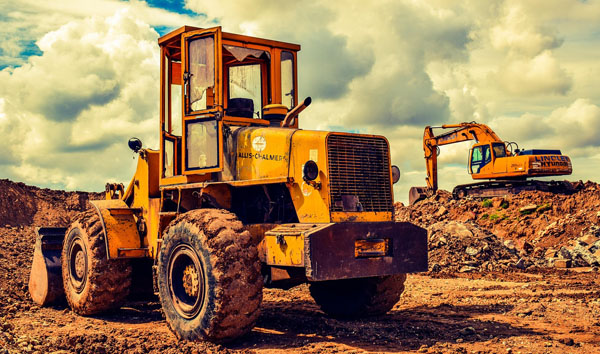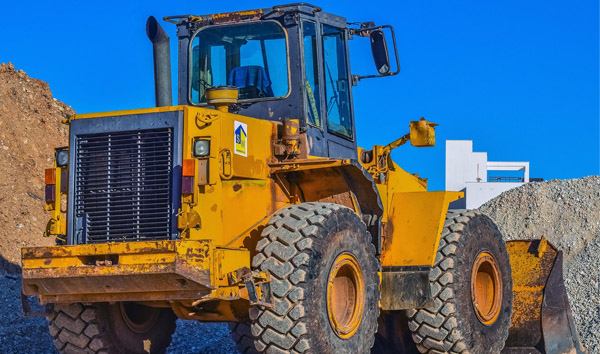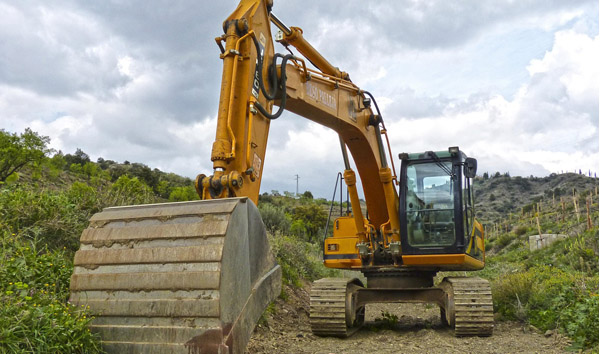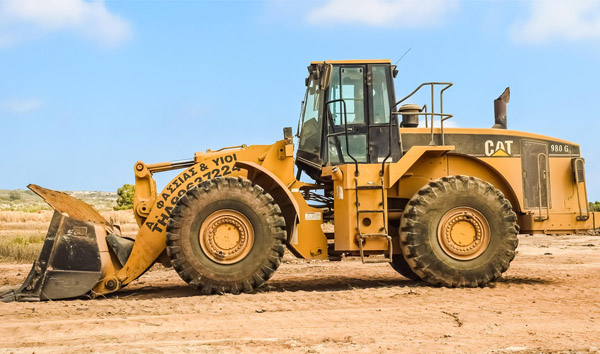Revolutionizing Farm Operations with Advanced Rough Terrain Telescopic Forklifts
2025-07-20 03:50:29
The agricultural industry demands robust machinery capable of navigating uneven landscapes while lifting heavy loads. Rough terrain telescopic forklifts have emerged as a game-changer, offering unparalleled versatility in farm operations. These machines combine the lifting power of traditional forklifts with the adaptability of telescopic booms, making them ideal for tasks like loading hay bales, transporting feed, or handling large equipment. With advanced hydraulic systems and reinforced chassis, they ensure stability even on the most uneven surfaces.
One of the key advantages of rough terrain telescopic forklifts is their ability to operate in diverse weather conditions. Unlike standard forklifts, these machines are equipped with heavy-duty tires and enhanced suspension systems, allowing them to traverse muddy fields, rocky paths, and steep inclines with ease. Farmers can now rely on these forklifts year-round, whether during harvest season or in wet, slippery conditions. The telescopic feature further extends their reach, enabling operators to place loads precisely where needed without repositioning the vehicle.
Modern agricultural rough terrain telescopic forklifts are also integrating smart technology for improved efficiency. GPS-guided navigation, load sensors, and automated stability controls minimize human error and optimize performance. For instance, load sensors ensure safe lifting capacities, while automated tilt adjustments prevent tipping on slopes. These innovations not only enhance productivity but also reduce the risk of accidents, making them a safer choice for farm workers.
Durability is another critical factor driving the adoption of these forklifts in agriculture. Built with high-strength steel and corrosion-resistant coatings, they withstand harsh environments, including exposure to fertilizers, pesticides, and extreme temperatures. Manufacturers are also focusing on eco-friendly designs, with some models featuring hybrid or electric powertrains to reduce emissions and operational costs. This shift aligns with the growing demand for sustainable farming practices.
The future of agricultural rough terrain telescopic forklifts looks promising, with ongoing advancements in automation and energy efficiency. As farms expand and labor shortages persist, these machines will play an even more vital role in streamlining operations. By investing in this technology, farmers can boost productivity, reduce downtime, and adapt to the evolving demands of modern agriculture. The combination of ruggedness, precision, and innovation makes these forklifts indispensable for today’s farming challenges.














